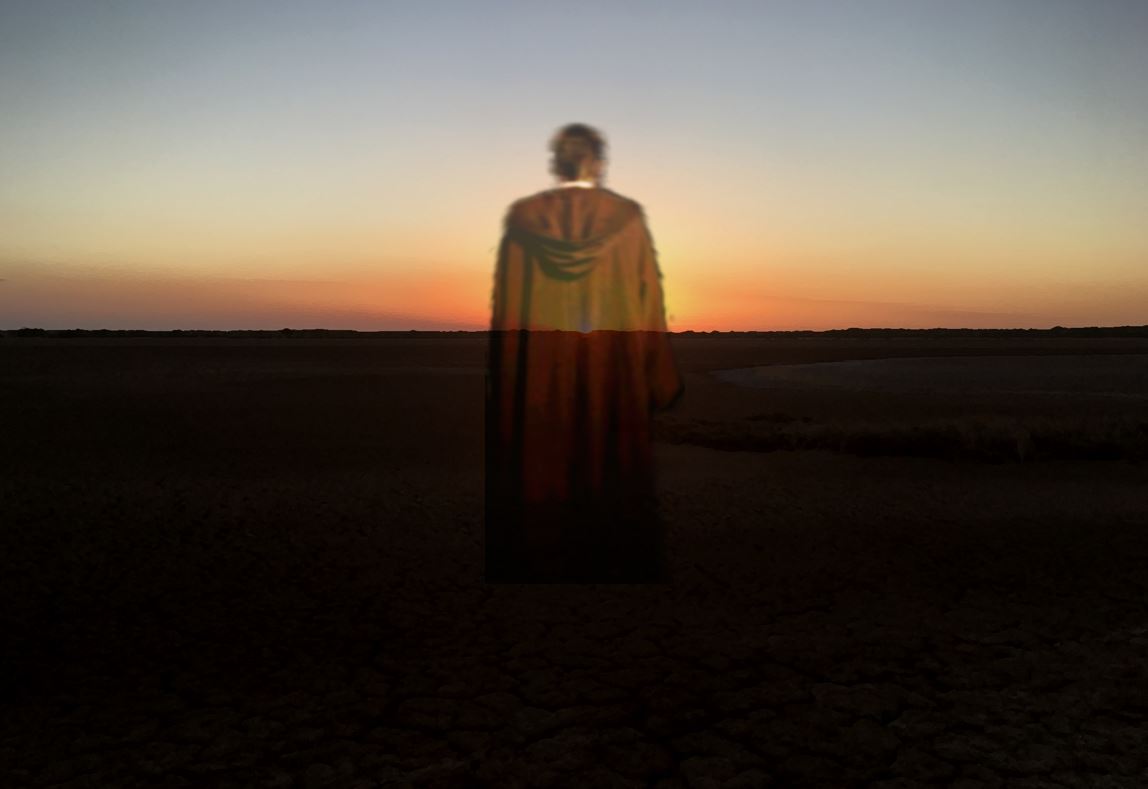“I am neither a scientist nor a philosopher. I’m a Jedi. I don’t have to explain reality. I just have to deal with it.” – Mace Windu
People sometimes ask “why Jedi” and I sometimes see people in the Jedi community online debate strongly the qualities and virtues of a “Jedi of quality”. Likewise in the recovery community we often disagree on what constitutes contented sobriety and perfect recovery. Alcoholics in the 12 Step community cannot even agree on whether one can call themselves “recovered” or not. We are left wondering if we are good enough and whether we can arrive at the standard others expect. There are no Gurus here, your inner voice is the true guide on this path.
The point of recovery is not to reach a state of perfection or even reach some arbitrary standard set by others. Being sober is often enough. Being Jedi is no guarantee of achieving the rank of a Master. Demonstrating the virtues of courage, wisdom, moderation and justice and maintaining a healthy mind, body and soul is often enough.
The goal of anything is to improve incrementally over time and hopefully make some difference along the way. There are no Gurus in the recovery program and no true “Jedi Masters” exist in the real world. There are only people doing the best they can for themselves and those close to them. We all want to live a good and meaningful life. We all want to make some positive difference in the world. True heroes are normal, everyday people getting on with life and overcoming obstacles along the way. They are not fictional characters achieving impossible and daring feats.
Buddhism has its Bodhisattvas, those who approach enlightenment through dedicated practice but never achieve it in a life time. The Bodhisattvas cultivate good karma for the benefit of all living things on their life journey. Enlightenment, the achievement of “nothingness” may take countless lives to achieve. In the Vedic tradition Gurus also accumulate wisdom and knowledge in the divine. A life time of practice and application may lead to a state of spiritual bliss but enlightenment occurs once in a hundred generations.
In the west, Christianity has its rare saints who have achieved oneness with the holy spirit through a life time of dedication, self-sacrifice and piety. Islam and Judaism also have a spiritual ideal that equates to enlightenment. the Socratic philosophies speak of the Sage who has lived a life unblemished by the concerns and distractions of mere mortals. The Stoic Sage perfected the virtues of courage, justice, moderation and reason in every aspect of life. The state of perfection was known to be unattainable however this did not prevent the Stoic from living those virtues to the highest standards possible. The end result was the attainment of a “good life” through compassion and service to others.
Failing to achieve enlightenment in a lifetime does not make one a bad Buddhist, Hindu, Sikh, Christian, Muslim or Jew. If a person works hard to make life more fulfilling for themselves and others in a meaningful way, regardless of their religion or school of philosophy, they are a being a good human. They are living a good and meaningful life. The saints, prophets, prophets, gurus and sages provide a sign post and a platonic ideal we can all aspire to.
Mythology also inspires. Stories describe the human experience as one in which the Hero will pursue some holy pursuit in order to transcend himself and benefit the world in some way. The Star Wars mythology is no different. All of the main characters are involved in a journey of self-discovery and self realisation. Their actions somehow lead to a better state for themselves and others. The consequence of those actions ripple out across the galaxy. On rare occasions our Jedi hero achieves enlightenment and transcends to the Force. Their journeys inspire us through the medium of fantasy.
The goal of the fictional Jedi is to become one with the living Force. In doing so the Jedi arrives at the perfect states of serenity, peace, harmony, knowledge and unity with the Force. In the real world we can only hope to work towards this platonic ideal. The reward is in the work we do to progress down the path. Helping others, becoming better versions of ourselves and in some way making the world a better place, not enlightenment, are the desired outcomes. The goal of the 12 Steps is to stay sober and live a measure of contended sobriety, to grow spiritually and help others on their journey. The common theme is to improve, grow and serve not to become a Guru to others.
Philosophy is not about accumulating fancy quotes and devouring literature to satisfy our thirst for knowledge. The point of philosophy is to learn what is useful and apply the knowledge, skills and tools required to improve our lives and the lives of others. We are not here to be “philosophers or scientists”, but to deal with reality and be better versions of ourselves every day. That’s what being Jedi is.
Every day is a new chance to rise up and step forward, one foot at a time on this life journey. Eventually we will come to the end of the road and look back on a life that is spent. The question is will you look back at a life lived well? If you do you will have realised your purpose and come to know yourself. That’s more than most people can lay claim to.
As we come to the end of another year, ask yourself “Why am I on this journey?”, “Where do I want to go?”, “How can I be the best version of myself?” and “What do I need to do to achieve my goals?”. When you can answer those questions, get to Work.



